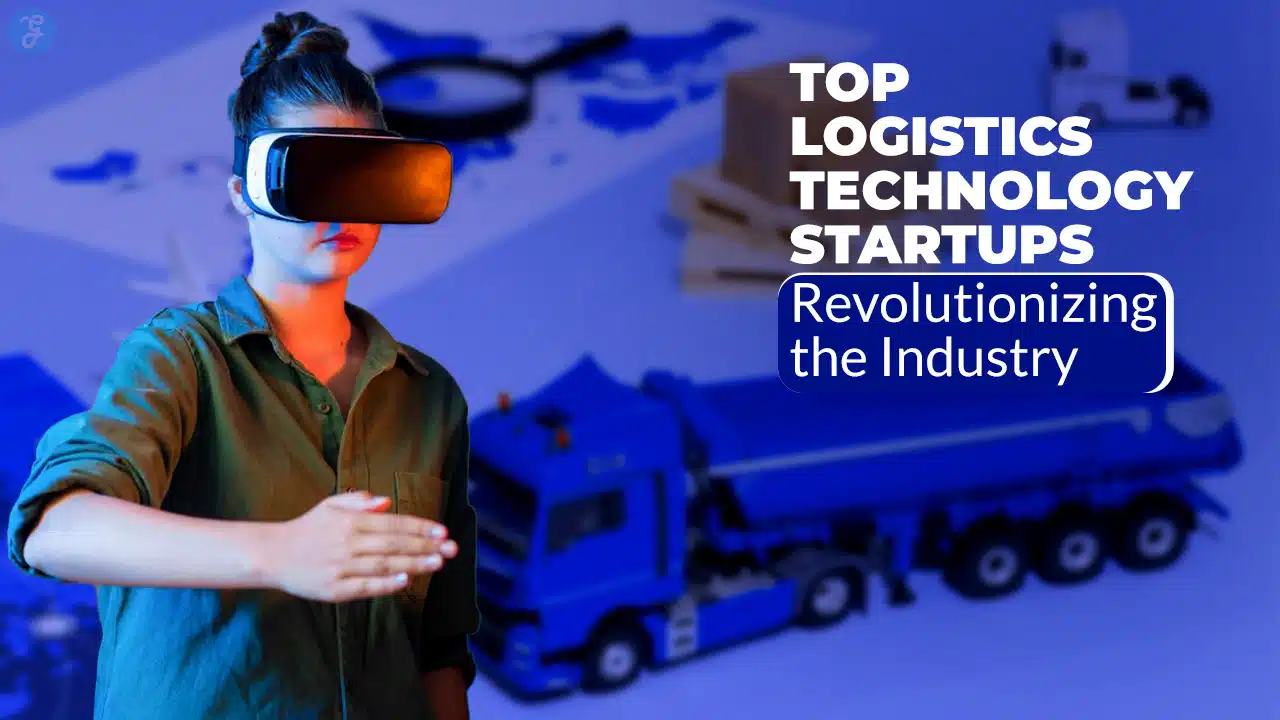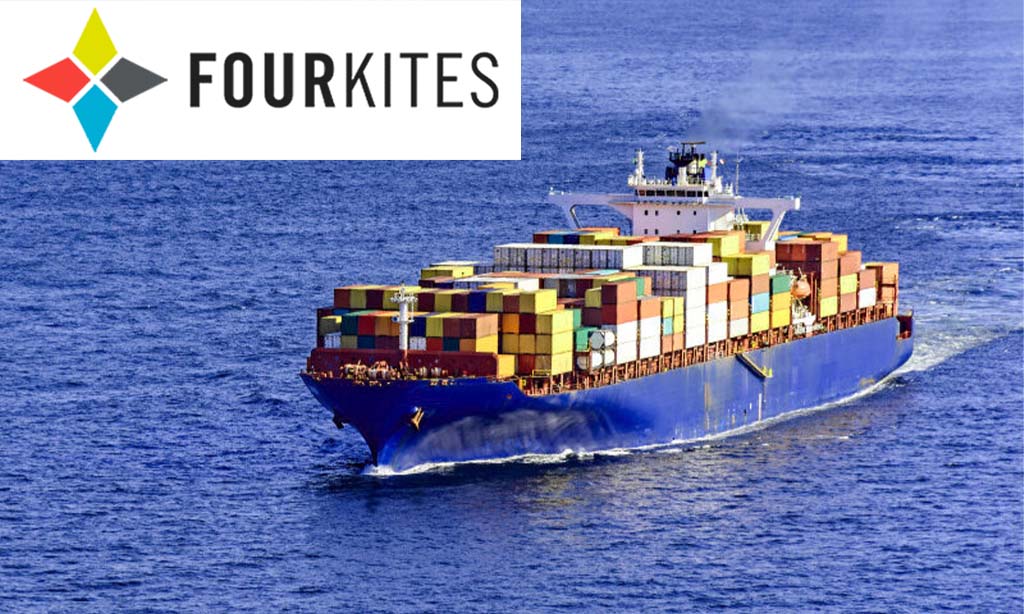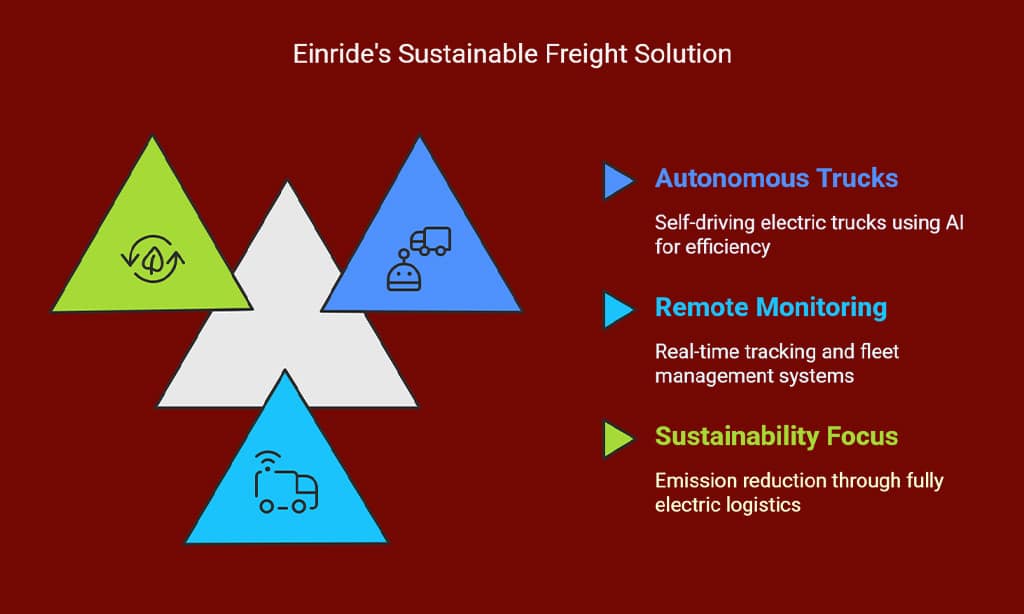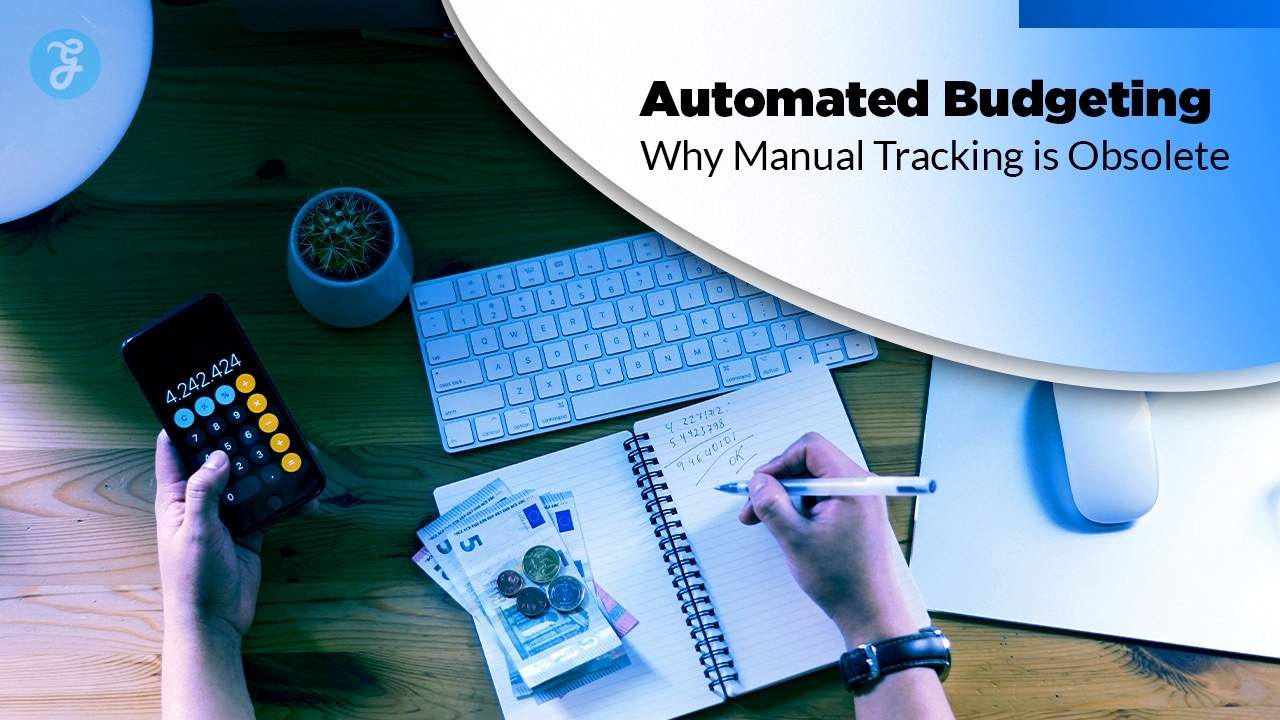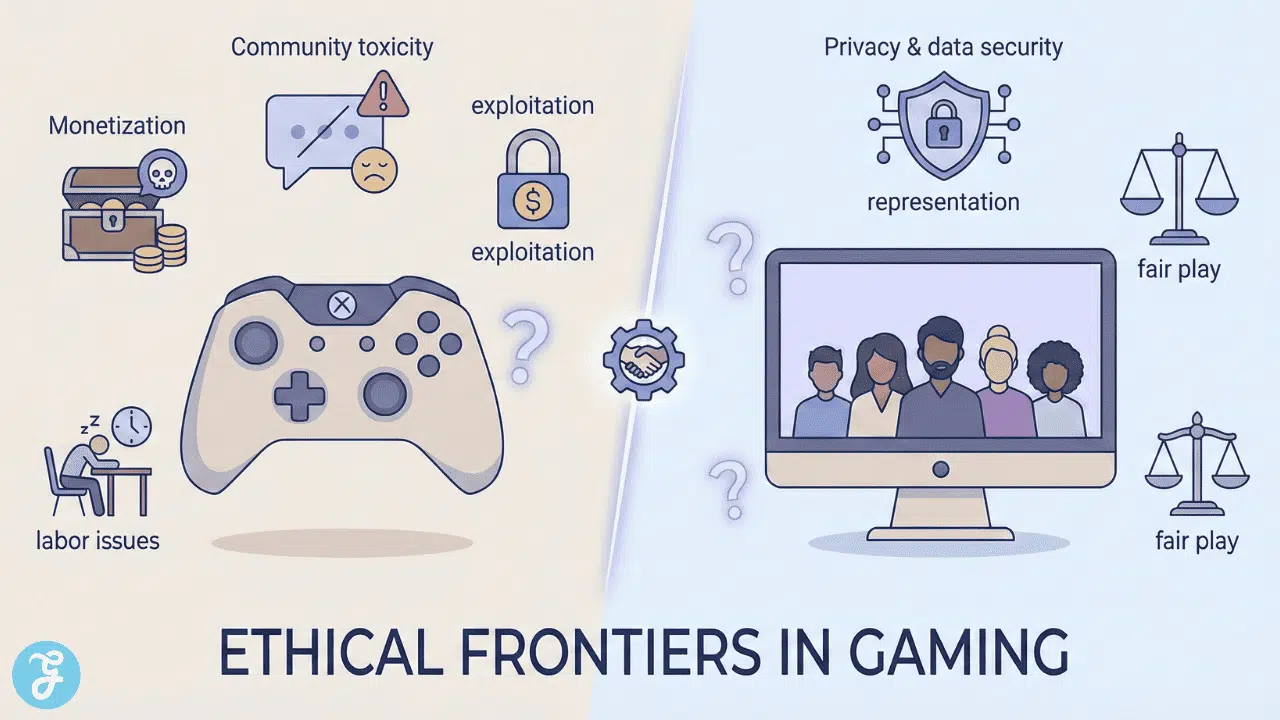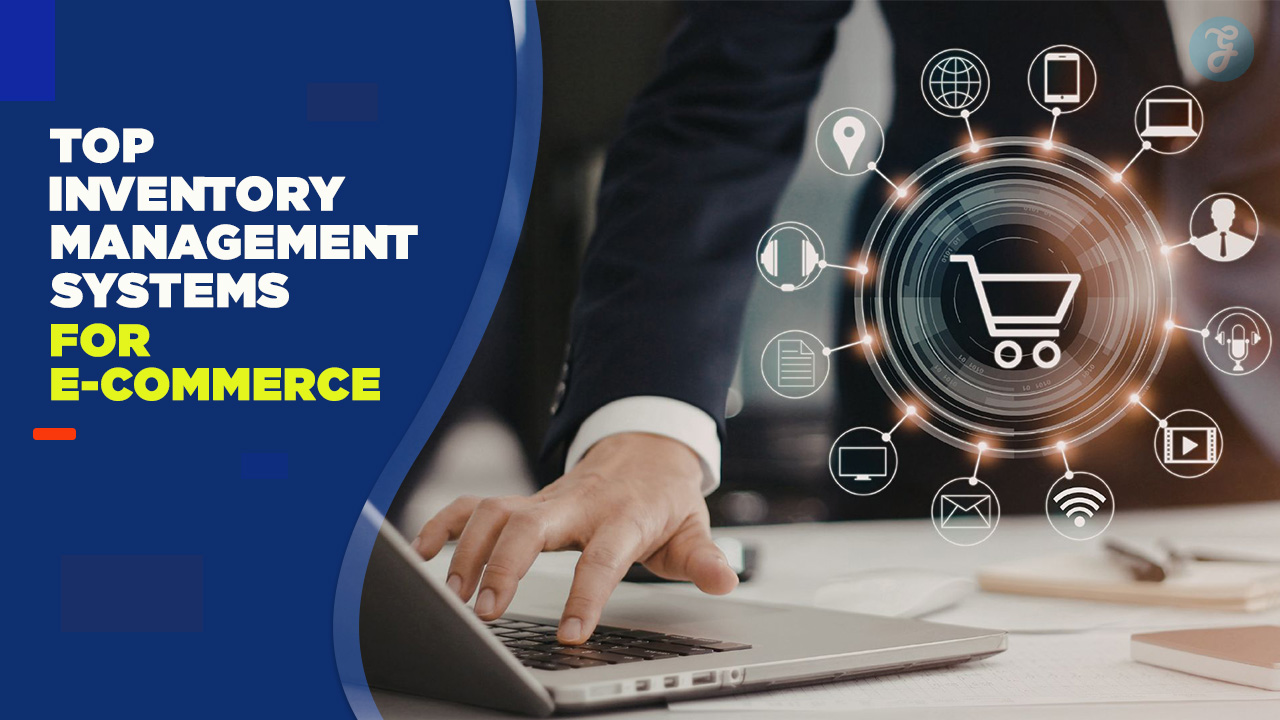The logistics industry has undergone a massive transformation in the last decade, driven by groundbreaking innovations in artificial intelligence, blockchain, IoT, and automation. Logistics technology startups are playing a pivotal role in modernizing supply chains, improving efficiency, and cutting operational costs.
With the global logistics market projected to reach $12.25 trillion by 2027, the demand for smart, technology-driven logistics solutions is at an all-time high.
These startups are leveraging cutting-edge solutions to tackle age-old logistics challenges such as shipment delays, cost overruns, supply chain inefficiencies, and environmental concerns. From AI-powered freight forwarding to blockchain-based transparency solutions, these companies are redefining logistics for the digital age.
In this article, we explore the top 10 logistics technology startups revolutionizing the industry and how they are transforming supply chain management across the globe.
Key Trends in Logistics Technology
As technology advances, the logistics industry is evolving to become more efficient, data-driven, and customer-focused. Several key innovations are driving this transformation, enhancing everything from shipment tracking to warehouse automation.
Businesses worldwide are embracing these trends to improve speed, reduce costs, and enhance overall supply chain management.
AI and Automation in Logistics
Artificial intelligence is streamlining operations by predicting demand, automating warehouse management, and optimizing routes for deliveries. Companies like Flexport and FourKites use AI-driven analytics to enhance supply chain visibility and efficiency. AI-powered predictive analytics help businesses anticipate disruptions and take proactive measures to minimize risks.
IoT and Smart Tracking Systems
The Internet of Things (IoT) is playing a crucial role in tracking shipments, monitoring fleet health, and providing real-time location data. Startups like Tive and Project44 leverage IoT sensors to ensure shipments are monitored throughout their journey. This results in reduced losses, improved shipment security, and enhanced customer satisfaction.
Blockchain for Supply Chain Transparency
Blockchain technology is reducing fraud and improving transparency in global supply chains. Companies such as ShipChain and VeChain use decentralized ledgers to provide tamper-proof records of shipments. With blockchain, companies can track the movement of goods from origin to destination, eliminating discrepancies and fraud.
Sustainable and Green Logistics Solutions
As sustainability becomes a priority, logistics startups are adopting eco-friendly approaches such as electric fleets and carbon-neutral supply chains. Convoy and Einride are at the forefront of green logistics innovations, leveraging technology to reduce carbon footprints while maintaining efficiency.
Top 10 Logistics Technology Startups Leading the Industry
The logistics industry is experiencing a major shift as technology-driven startups introduce innovative solutions that improve efficiency, transparency, and sustainability.
From AI-powered freight management to blockchain-enabled shipment tracking, these companies are transforming supply chains worldwide.
The following list highlights the most impactful startups leading the charge in logistics technology, each bringing a unique approach to solving traditional industry challenges.
1. Flexport – AI-Powered Global Freight Forwarding
Founded: 2013
Headquarters: San Francisco, USA
Key Innovation: AI-driven freight forwarding platform
Revenue: $3.3 billion (2023)
Flexport simplifies global logistics by offering a digital-first freight forwarding solution. The company uses AI to optimize shipments, track cargo, and improve supply chain efficiency. Businesses that use Flexport can cut transit times by up to 30% and lower freight costs through automated shipment consolidation.
| Feature | Details |
| AI-Powered System | Predicts optimal routes and reduces delays |
| Real-Time Tracking | Provides live shipment monitoring |
| Digital Dashboard | Allows businesses to manage freight from a single interface |
2. FourKites – Real-Time Supply Chain Visibility
Founded: 2014
Headquarters: Chicago, USA
Key Innovation: AI-based real-time tracking
Clients: Coca-Cola, Walmart, Dow Chemical
FourKites enables businesses to track shipments in real-time, reducing delays and optimizing supply chain operations using machine learning. The platform aggregates data from GPS, IoT, and telematics devices to provide predictive ETAs and prevent disruptions.
| Feature | Details |
| Predictive Analytics | Forecasts delays and recommends alternative routes |
| IoT Integration | Connects with sensors to monitor cargo conditions |
| Custom Alerts | Notifies businesses about delays, temperature fluctuations, and more |
3. Convoy – Digital Freight Network for Sustainable Logistics
Founded: 2015
Headquarters: Seattle, USA
Key Innovation: Automated freight matching with sustainability focus
Environmental Impact: Reduced CO₂ emissions by 35% per truckload
Convoy connects shippers with carriers using an AI-powered platform, reducing empty miles and emissions while cutting transportation costs. The company’s sustainability initiatives make it a leader in green logistics solutions.
| Feature | Details |
| Smart Freight Matching | Assigns shipments based on real-time data |
| Carbon Footprint Reduction | Optimizes routes to minimize emissions |
| Mobile App | Enables drivers to find loads efficiently |
4. Project44 – Data-Driven Supply Chain Intelligence
Founded: 2014
Headquarters: Chicago, USA
Key Innovation: Predictive analytics for supply chain management
Funding: $841 million
Project44 provides advanced logistics intelligence through predictive analytics and real-time tracking. The company integrates with over 200,000 carriers worldwide, helping businesses streamline their logistics operations.
| Feature | Details |
| Multi-Modal Tracking | Supports air, ocean, rail, and road freight |
| AI-Driven Insights | Helps optimize routes and reduce transit costs |
| Real-Time Dashboards | Offers detailed shipment analytics |
5. Tive – IoT-Powered Shipment Monitoring
Founded: 2015
Headquarters: Boston, USA
Key Innovation: IoT-powered shipment sensors
Impact: Reduced cargo spoilage rates by 45%
Tive’s tracking devices monitor location, temperature, and humidity, ensuring cargo integrity in transit. Their technology is especially valuable for perishable goods and high-value shipments.
| Feature | Details |
| Real-Time Alerts | Provides instant updates on cargo conditions |
| Sensor-Based Tracking | Monitors temperature, humidity, and shocks |
| Cloud Integration | Enables remote monitoring of shipments |
6. Shipwell – Cloud-Based Freight Management
Founded: 2016
Headquarters: Austin, USA
Key Innovation: Cloud-based TMS (Transportation Management System)
Funding: $200 million+
Shipwell provides a cloud-based transportation management system (TMS) that enables businesses to optimize their freight operations through automation and AI-driven insights. The platform integrates with ERP systems, offering real-time visibility and seamless collaboration across supply chain stakeholders. Shipwell’s predictive analytics help businesses reduce delays and cut costs by optimizing carrier selection and route planning.
| Feature | Details |
| Cloud-Based TMS | Offers centralized freight management and automation |
| AI-Powered Optimization | Reduces costs through data-driven carrier selection |
| Real-Time Collaboration | Enhances communication between shippers and carriers |
7. Einride – Autonomous Electric Freight Trucks
Founded: 2016
Headquarters: Stockholm, Sweden
Key Innovation: Electric self-driving freight trucks
Sustainability Impact: 90% reduction in CO₂ emissions per vehicle
Einride is transforming freight transportation with its autonomous, electric trucks designed to replace traditional diesel-powered fleets. The company’s Pod Trucks, which require no human driver, use AI for route optimization and remote monitoring. By reducing dependence on fossil fuels, Einride helps businesses cut operational costs while minimizing their carbon footprint.
| Feature | Details |
| Autonomous Freight Trucks | Self-driving electric trucks that operate with AI |
| Remote Monitoring | Enables real-time tracking and fleet management |
| Sustainability Focus | Reduces emissions with fully electric logistics solutions |
8. ShipChain – Blockchain-Driven Supply Chain Transparency
Founded: 2017
Headquarters: Greenville, USA
Key Innovation: Blockchain-based freight tracking
Use Case: Preventing fraud in global shipping
ShipChain leverages blockchain technology to ensure complete transparency in logistics operations. The platform provides a tamper-proof digital ledger, helping businesses track shipments in real-time, authenticate cargo origins, and prevent supply chain fraud. This decentralized solution enhances security and accountability in global trade.
| Feature | Details |
| Blockchain-Based Tracking | Provides secure and transparent shipment records |
| Smart Contracts | Automates payments and compliance processes |
| Fraud Prevention | Reduces shipment fraud and unauthorized alterations |
9. VeChain – Blockchain for Logistics Authentication
Founded: 2015
Headquarters: Singapore
Key Innovation: Decentralized supply chain authentication
Industry Adoption: Used by Walmart China and BMW
VeChain uses blockchain technology to authenticate and verify products throughout the supply chain. This startup specializes in anti-counterfeiting measures, ensuring product authenticity and traceability across various industries, including logistics, food safety, and pharmaceuticals. Its ToolChain™ solution allows companies to track goods from production to delivery.
| Feature | Details |
| Decentralized Ledger | Provides immutable product tracking records |
| IoT Integration | Links physical shipments with blockchain verification |
| Anti-Counterfeiting | Ensures product authenticity in global supply chains |
10. Loadsmart – AI-Powered Digital Freight Brokerage
Founded: 2014
Headquarters: New York, USA
Key Innovation: AI-driven freight pricing and matching
Revenue: $1 billion+ (2023)
Loadsmart is revolutionizing the freight brokerage industry by automating load matching using AI and machine learning. The platform enables instant freight booking, dynamically adjusting rates based on supply and demand. Loadsmart helps shippers cut costs while maximizing efficiency through digital freight matching and automated carrier dispatching.
| Feature | Details |
| AI-Based Freight Matching | Automates carrier selection for optimized logistics |
| Instant Pricing | Provides real-time freight pricing based on market demand |
| Digital Load Booking | Enables seamless, automated shipment booking |
How Logistics Startups Are Shaping the Future?
As the logistics sector undergoes rapid transformation, startups are at the forefront of driving technological advancements that enhance efficiency, sustainability, and decision-making. These emerging companies leverage AI, IoT, and blockchain to optimize supply chains, reduce waste, and create cost-effective solutions for businesses worldwide.
By implementing innovative digital strategies, logistics startups are enabling businesses to streamline operations and improve delivery speed while maintaining cost control.
Increased Efficiency and Cost Savings
Technology-driven logistics solutions reduce operational inefficiencies, optimize delivery times, and lower costs for businesses worldwide. AI-powered tools and real-time tracking significantly cut transit delays and wastage.
Sustainability and Eco-Friendly Logistics
Electric trucks, optimized routing, and smart freight networks help minimize emissions, promoting greener supply chains. Companies adopting sustainable logistics solutions also see improved brand reputation and regulatory compliance.
AI and Data-Driven Decision Making
From predictive analytics to automated freight management, AI is enabling smarter, more responsive logistics operations. Data-driven logistics enable companies to anticipate disruptions and adapt swiftly.
Final Words
The top 10 logistics technology startups revolutionizing the industry are redefining global supply chains with AI, IoT, blockchain, and automation. By leveraging these innovations, businesses can achieve greater transparency, efficiency, and sustainability in logistics operations.
As these startups continue to grow, the logistics industry will witness further advancements, leading to smarter and more efficient supply chain solutions.
Are you excited about the future of logistics technology? Share your thoughts in the comments below!


